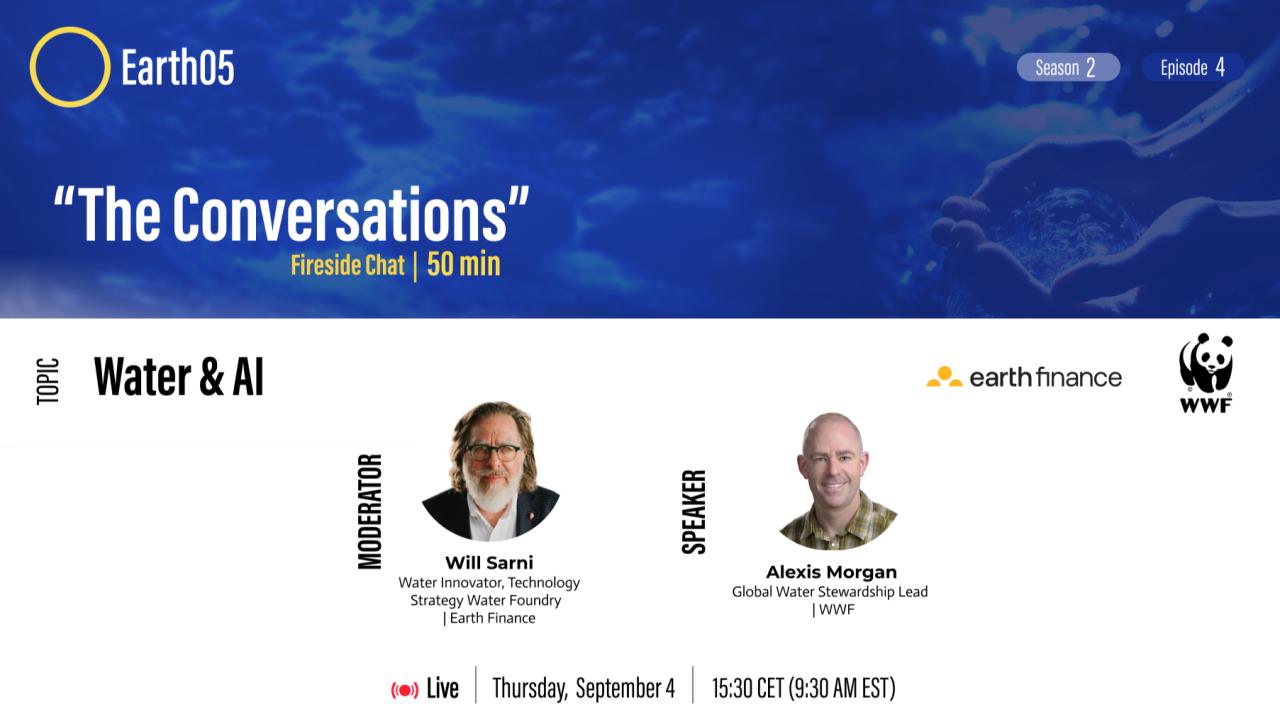
How can AI reshape the future of global water stewardship? That’s the focus of the next episode of The Conversations, hosted by Earth05.
|
M
Mon
|
T
Tue
|
W
Wed
|
T
Thu
|
F
Fri
|
S
Sat
|
S
Sun
|
|---|---|---|---|---|---|---|
|
0 events,
|
0 events,
|
0 events,
|
2 events,
-

How can AI reshape the future of global water stewardship? That’s the focus of the next episode of The Conversations, hosted by Earth05.
-
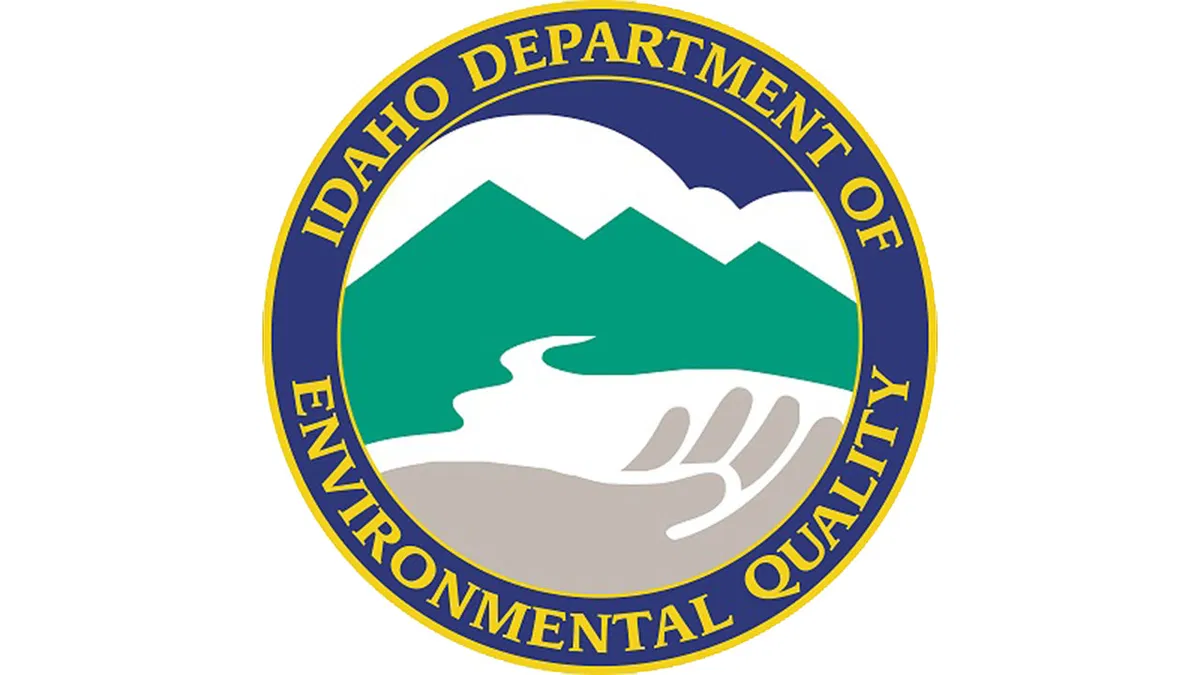
This training will focus on what communities can do when a crucial project does not receive funding. Participants will explore opportunities to develop financially sustainable infrastructure amidst funding shortfalls. |
0 events,
|
0 events,
|
0 events,
|
|
0 events,
|
0 events,
|
1 event,
-
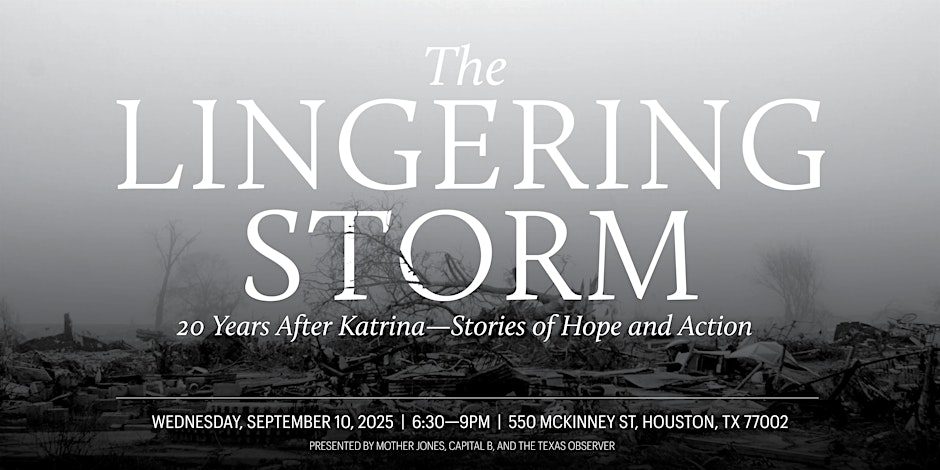
20 Years After Katrina—Stories of Hope and Action. Presented by Mother Jones, Capital B, and the Texas Observer. |
0 events,
|
0 events,
|
0 events,
|
0 events,
|
|
0 events,
|
0 events,
|
1 event,
-
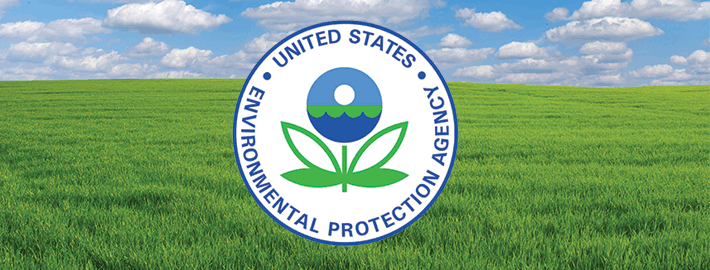
This presentation will highlight successful implementation of AI in current disaster management scenarios, providing tangible examples of technology-driven improvements in environmental cleanup outcomes. |
0 events,
|
0 events,
|
0 events,
|
0 events,
|
|
0 events,
|
0 events,
|
1 event,
-
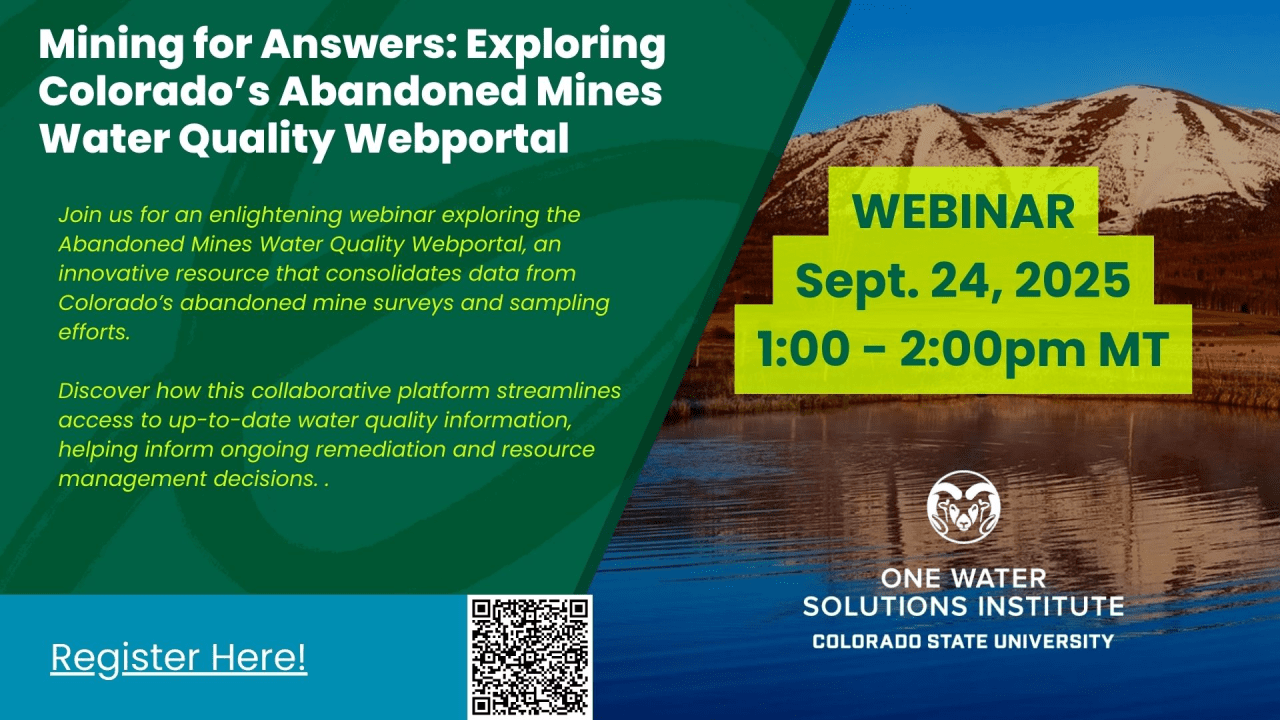
Join us for an enlightening webinar exploring the Abandoned Mines Water Quality Webportal, an innovative resource that consolidates data from Colorado’s abandoned mine surveys and sampling efforts. |
0 events,
|
1 event,
-
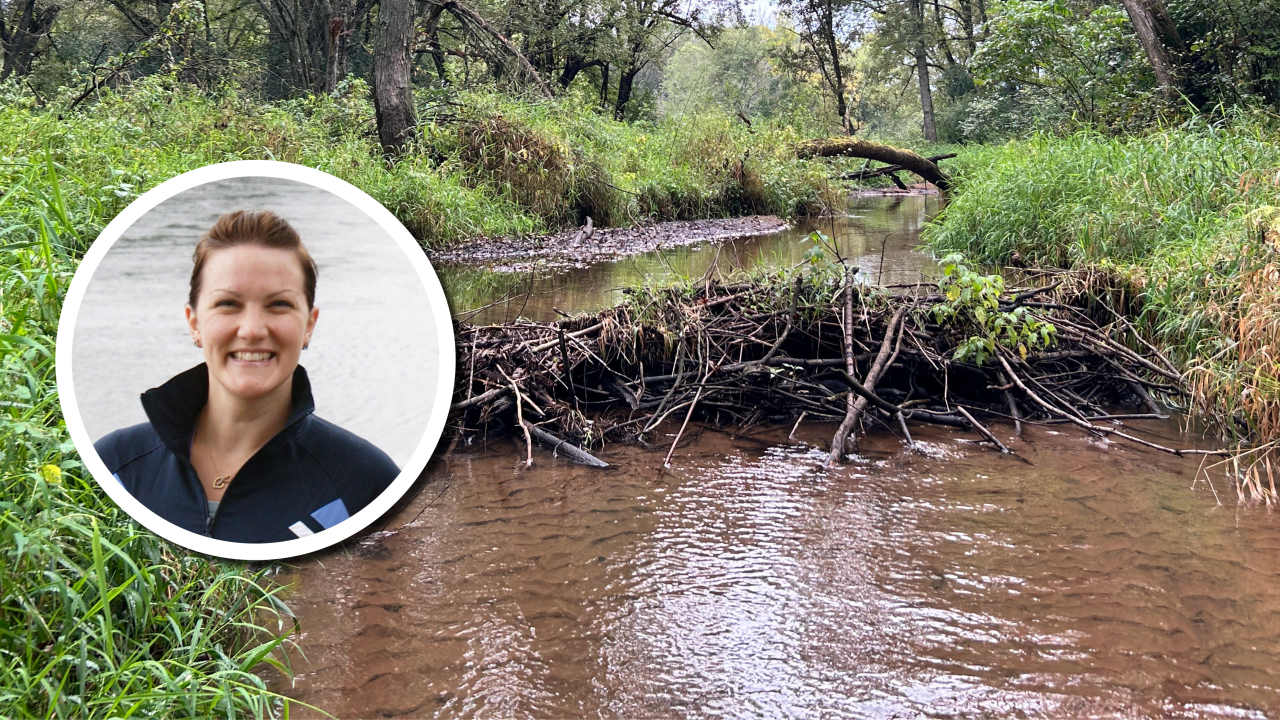
Do beaver dams actually increase water temperatures? How do beaver ponds impact water quality, pollutants, and sediments? Conservation Biologist Cortney Dean takes a look at the data, challenges, and unexpected findings of beaver-water research in northwestern Wisconsin. |
0 events,
|
0 events,
|
|
0 events,
|
0 events,
|
0 events,
|
0 events,
|
0 events,
|
0 events,
|
0 events,
|